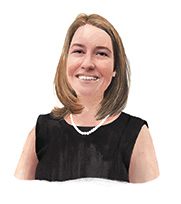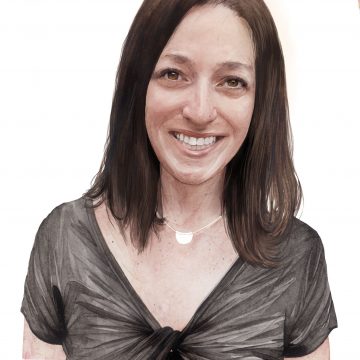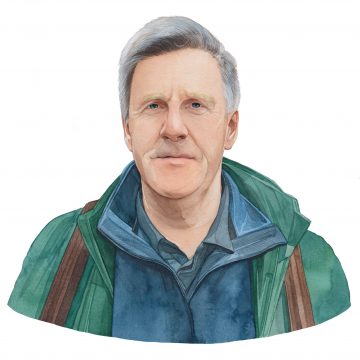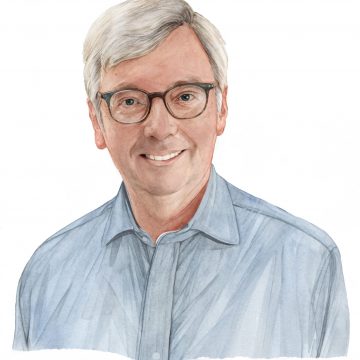Breaking the Silence on Sexual Misconduct
Sarah d’Ambrumenil is Head of the Office of Student Conduct, Complaints and Appeals

Research undertaken by the University, the Students’ Union, and the National Union of Students confirms that sexual misconduct is just as prevalent within our community as it is at any other university or microcosm of society.
Equally concerning is that victims often say they do not want to raise a formal complaint, reflecting the difficulties they face in disclosing what has happened to them, or in seeing the benefits to them of reliving their experiences through a formal reporting procedure. Students come here from all over the world to be influenced by their professors and peers. Consequently, it can be difficult to challenge others’ behaviour or even recognise that it might be inappropriate. But it is not good enough for the University to have support services and reporting options if students do not have the confidence to use them.
The University has been working with students, staff, victims and specialist organisations for the past few years to try to improve things. This work has culminated in the campaign Breaking the Silence – Cambridge speaks out against sexual misconduct, launched in October 2017. Spearheaded by the Vice-Chancellor, it raises awareness of the University’s zerotolerance approach to sexual misconduct as well as the support and next steps for victims. In the past 10 months the University has received around 140 reports of sexual misconduct taking place between students through its anonymous reporting mechanism, with half of those reports relating to a sexual act or sexual intercourse taking place without consent. This is not information that is easy to accept, though it is perhaps not unexpected – national studies suggest that 68 per cent of students in the UK are sexually harassed while at university.
By sharing, retweeting posts or ‘liking’ these posts, you are strengthening the message that when a victim comes forward to report, they do so with the backing of the Cambridge community
It is those ‘next steps’ that my office is involved in: the Office of Student Conduct, Complaints and Appeals. We handle student complaints about the University and University staff, as well as complaints of harassment or sexual misconduct about other students. This is just one component of the resources in place to support victims and prevent sexual misconduct. Students also have access to a University Sexual Assault and Harassment Adviser and can attend bystander training and consent workshops; and student-facing staff receive briefings on how to support student disclosures. Early indications suggest that the campaign is already having an impact: an increase in the number of cases being reported to our Office, and, via anonymous reporting, a decrease from 52 per cent to 25 per cent in the number of students who believe the University would not take any action if they reported sexual misconduct. However, the University, alone, cannot influence students’ confidence when it comes to seeking support and reporting sexual misconduct. Students’ behaviour is partly a reflection of society and the wider culture in which we live.
This is why it was so powerful to witness alumni coming out to support the campaign. The support from Colleges, staff and alumni has been overwhelming, with our campaign films being watched more than 85,000 times. By raising awareness – sharing a video, retweeting posts or ‘liking’ comments relating to Breaking the Silence – you are strengthening the message that when a victim comes forward to report, they do so with the backing of the Cambridge community. Your actions help to prevent sexual misconduct, by showing potential perpetrators that the Cambridge community will not tolerate this kind of behaviour.
I hope that in time your support in this area will become unnecessary, but, for now: thank you. You are helping to break the silence.
Read more about Breaking The Silence and watch the video.







